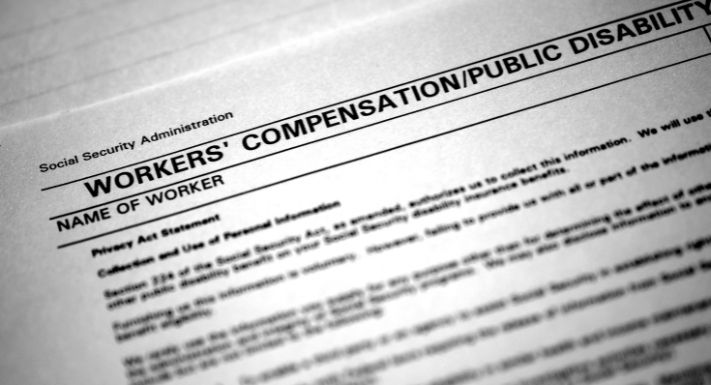
Can Your Hours Be Cut After a Worker’s Compensation Claim?
July 27, 2022
Questions To Ask Before Hiring a Worker’s Comp Lawyer
August 9, 2022Prior to 2020, WFH (or “telecommuting,” as it was popularly called) was relatively rare. An in-person office was an expectation for many jobs. If employees were injured at work, there were often other people around to see whether they were hurt performing a job-related task.
However, now that working from home is part of our new normal, many elements of office life look at least a little different. What if you work from home and sustain an injury during work hours? Are you eligible for worker’s compensation?
Requirements for Worker’s Compensation
In order to be eligible for worker’s compensation benefits, the following requirements must apply to you:
- You are classified as an employee of your company.
- You incurred the injury within the course and scope of your employment.
- You report your injury before your employer’s deadline.
- You seek medical care for your injury and attend any doctor’s appointments.
In the state of Idaho, every employer with one or more employees is legally required to carry worker’s compensation insurance—even if you only work part-time.
What Constitutes a Work-Related Injury?
As mentioned above, you can cover an injury under worker’s compensation if you were acting “in the course and scope of your employment” when it happened. But what does that mean in layman’s terms?
Worker’s compensation insurance generally covers injuries that didn’t happen in the office itself, as long as you can prove that you were performing a job-related duty when it happened. If you’re not sure whether your injury was job-related, talk to an attorney and they’ll likely ask you a few follow-up questions:
- Were you required by your employer to perform the task that resulted in your injury?
- Was your employer benefiting from your actions at the time you were injured?
- If the injury-causing task was not a requirement of your job, did your employer sign off on that activity before you did it?
If you answered “yes” to these questions, consider speaking to a disability attorney in Boise, Idaho, about your next steps.
Potential Outcomes
Generally speaking, worker’s compensation claims are handled judiciously. Employers want to take care of their employees with minimal interference from the courts, and judges often err on the side of the injured employee. As long as you can prove that you were doing job-related tasks when your injury occurred, you will be able to claim worker’s compensation—even if you work from home.
If your worker’s compensation claim is denied, call Rossman Law Group for a free legal consultation. We are passionate about standing up for workers’ rights and will listen to every word of your story.
So, can you get worker’s compensation if you work from home? The short answer is yes. Your physical location at the time of your injury doesn’t matter; it’s the reason for your activity that counts. If doing your job resulted in injury to you, you deserve fair compensation.





